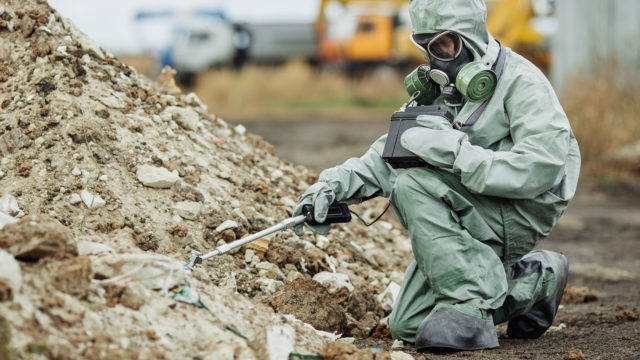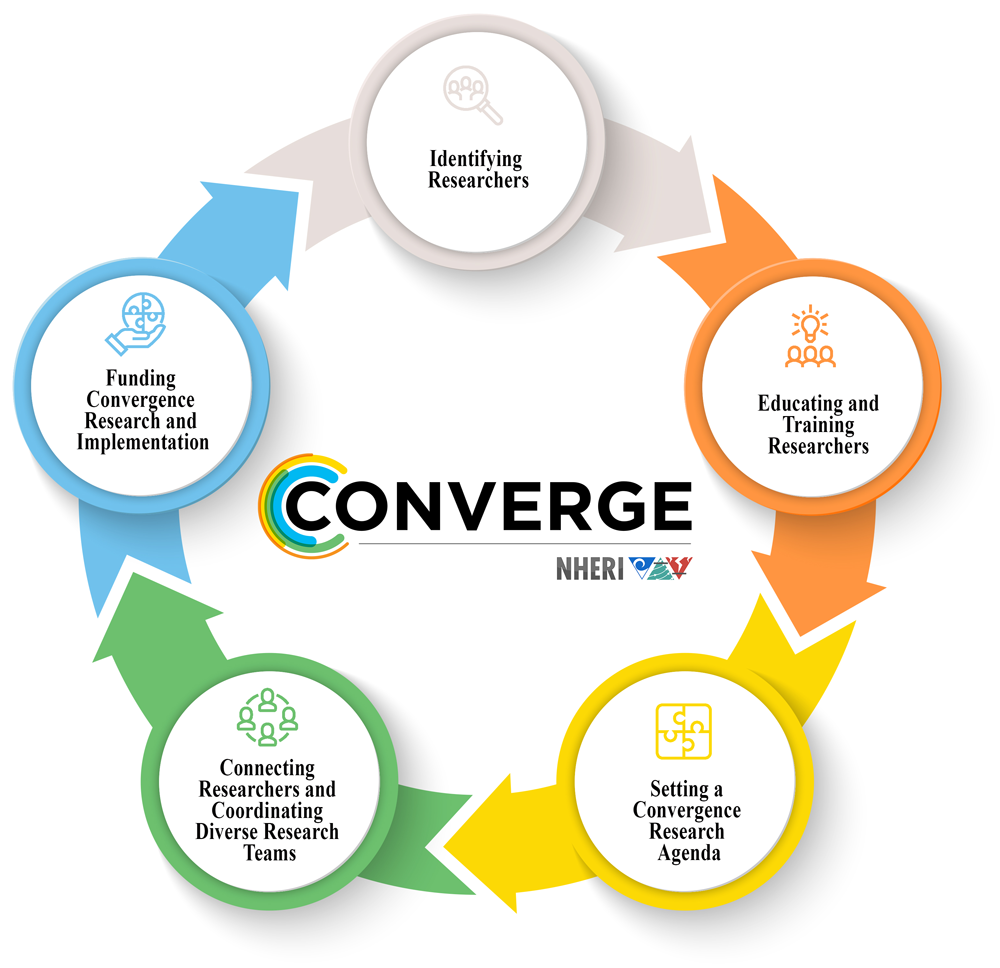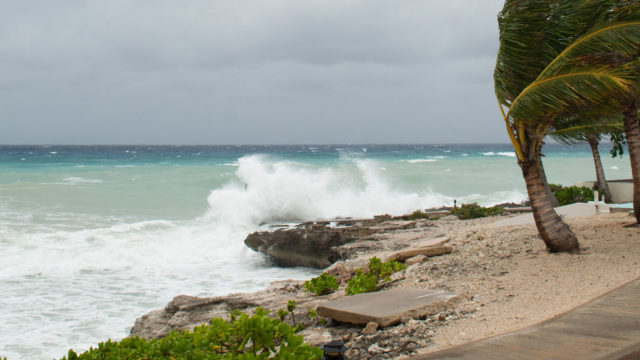
Research Networks
The National Science Foundation currently supports seven Extreme Events Research / Reconnaissance (EER) networks. These networks bring together natural hazards researchers across disciplinary boundaries.
CONVERGE advances social science, engineering, and interdisciplinary hazards and disaster research. We offer training opportunities for researchers and coordinate research teams in major disasters. We are committed to supporting ethical, rigorous, convergence research that seeks to solve pressing social and environmental challenges.
The National Science Foundation-supported CONVERGE facility was established in 2018 as the first social science-led component of the Natural Hazards Engineering Research Infrastructure (NHERI) for the nation. CONVERGE brings together networks of hazards and disaster researchers from geotechnical engineering, the social sciences, structural engineering, nearshore systems, operations and systems engineering, sustainable material management, and interdisciplinary science and engineering.
CONVERGE supports and advances research that is conceptually integrative by: (1) identifying researchers; (2) educating and training researchers; (3) setting a convergence research agenda that is problem-focused and solutions-based; (4) connecting researchers and coordinating functionally and demographically diverse research teams; and (5) supporting and funding convergence research, data collection, data sharing, and solutions implementation.

CONVERGE is supported by the National Science Foundation and is part of the Natural Hazards Engineering Research Infrastructure (NHERI). NSF’s NHERI is a distributed, multi-user, national network that provides natural hazards engineering, social science, and interdisciplinary communities with state of the art research infrastructure. To learn more, download this special collection that describes the unique capabilities of each of the twelve NHERI components.

The various research activities led by the CONVERGE facility exemplify how teams of researchers can come together to understand and solve complex problems. As new structures and systems are developed to support interdisciplinary and transdisciplinary research, our field—with convergence as our guide—can stem the tide of growing disaster losses and promote collective well-being for all people.
CONVERGE is headquartered at the Natural Hazards Center, located within the Institute of Behavioral Science at the University of Colorado Boulder. For more information about CONVERGE programs, activities, and publications, please visit: https://converge.colorado.edu/signup.
“Convergence research is an approach to knowledge production and action that involves diverse teams working together in novel ways—transcending disciplinary and organizational boundaries—to address vexing social, economic, environmental, and technical challenges in an effort to reduce disaster losses and promote collective well-being” (Peek et al. 2020).

The National Science Foundation currently supports seven Extreme Events Research / Reconnaissance (EER) networks. These networks bring together natural hazards researchers across disciplinary boundaries.

CONVERGE training modules, extreme events research check sheets, and other free resources are designed to accelerate the training and mentoring of a diverse next generation of hazards and disaster researchers and practitioners.

CONVERGE partners with other NHERI facilities to advance mobile applications for social science and interdisciplinary data collection and to encourage the publication and sharing of data.

CONVERGE hosts regular webinars and virtual forums to help educate and connect members of social science, engineering, and interdisciplinary research communities.